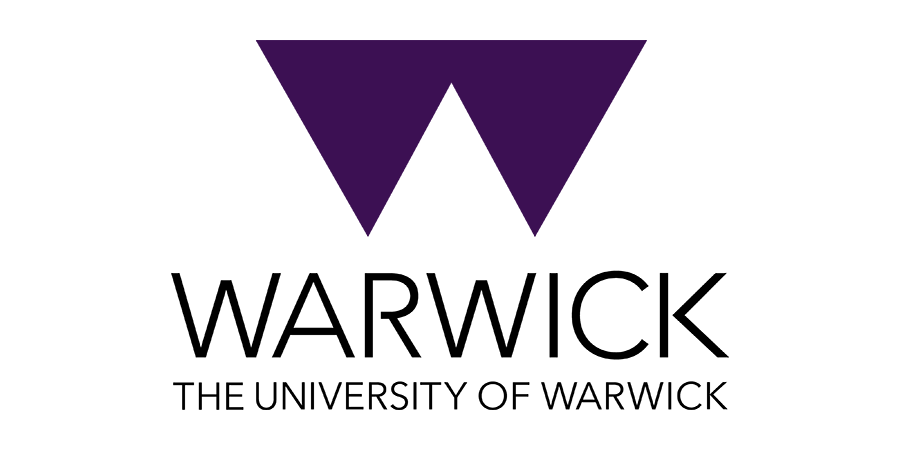PhD Studentship: Reversible Photoreactions for Sustainable Materials Synthesis
University of Warwick
| Qualification Type: | PhD |
|---|---|
| Location: | Coventry, University of Warwick |
| Funding for: | UK Students, EU Students, International Students |
| Funding amount: | Funded |
| Hours: | Full Time |
| Placed On: | 17th December 2024 |
|---|---|
| Closes: | 17th March 2025 |
The Photochemistry for Materials group is looking for an enthusiastic candidate to join our research team at the University of Warwick to carry out a 3.5-year PhD project, under the supervision of Dr Hannes Houck and funded under The Royal Society University Research Fellowship scheme (press release).
Our research is situated at the interface of organic synthesis, photochemistry and polymer science with the overarching ambition to meticulously design novel chemical building blocks and finetune their reactivity to design materials with advanced functionality and improved sustainability. Specifically, we develop small molecule photo(cyclo)addition reactions that allow for the efficient formation of covalently bound reaction products under (visible) light irradiation. Importantly, the thus formed adducts display subsequent reactivity that can be activated on-demand to introduce smart and responsive behaviour, including (bio)degradation and closed-loop recyclability.
Your PhD project will fit to one, or a combination of, the following research themes:
1. Development of new thermoreversible photocycloaddition reactions
We create new photochemistry platforms capable of undergoing quantitative covalent bond (re)formation under visible light irradiation, while being able to selectively and cleanly revert back into the starting reagents at elevated temperature. The resulting chemical bonding/debonding behaviour is meticulously tuned (e.g. red-shifted absorption, lower retro-reaction barrier) to translate the reversible bonding/debonding in industrially relevant applications.
Further reading: Angew. Chem. Int. Ed. 2023, e202310274; Polym. Chem., 2023, 14, 1554.
2. Intrinsically recyclable polymer materials, including covalent adaptable networks
We rethink how to make robust covalently crosslinked polymer materials, such as thermosets, that can be repaired (self-healing), reprocessed or entirely depolymerised into the initial monomers to allow for a truly closed-loop recycling.
Further reading: J. Am. Chem. Soc. 2024, 146, 19177; J. Am. Chem. Soc. 2019, 141, 12329.
3. Functional new inks for resin-based 3D printing
We are motivated to tackle some fundamental challenges in emerging light-based additive manufacturing technologies, such as resin-based 3D printing, to improve the overall sustainability of light-curing inks.
Further reading: Adv. Funct. Mater. 2024, 2414713.
Requirements and eligibility:
Applicants must have, or be predicted to obtain, a good degree (2.1 or 1st class) in Chemistry, or other relevant scientific discipline (e.g. Materials Science). Candidates with a particular interest in photochemistry, photophysics, polymer chemistry, materials science, or a combination thereof are particularly encouraged.
PhD studentships (incl. home fees plus annum stipend) are subject to funding restrictions and hence open to UK nationals and those of equivalent status. [More information here]. Applicants that do not meet UK home fees requirements are also encouraged to apply for this position, however, must find additional financial funds to cover the difference between home and overseas fees. [More information here].
The PhD start date is flexible with the successful candidate beginning between January and December 2025.
How to apply:
Contact Dr Hannes Houck [Hannes.Houck@warwick.ac.uk] directly to express your interest in this PhD position. In doing so, please include (1) CV (max. 2 pages), and (2) cover letter stating your motivation, qualifications and expectations related to this PhD opportunity (max. 1 page). You may be requested to provide a reference letter later on in the process.
Advert information
Type / Role:
Subject Area(s):
Location(s):









